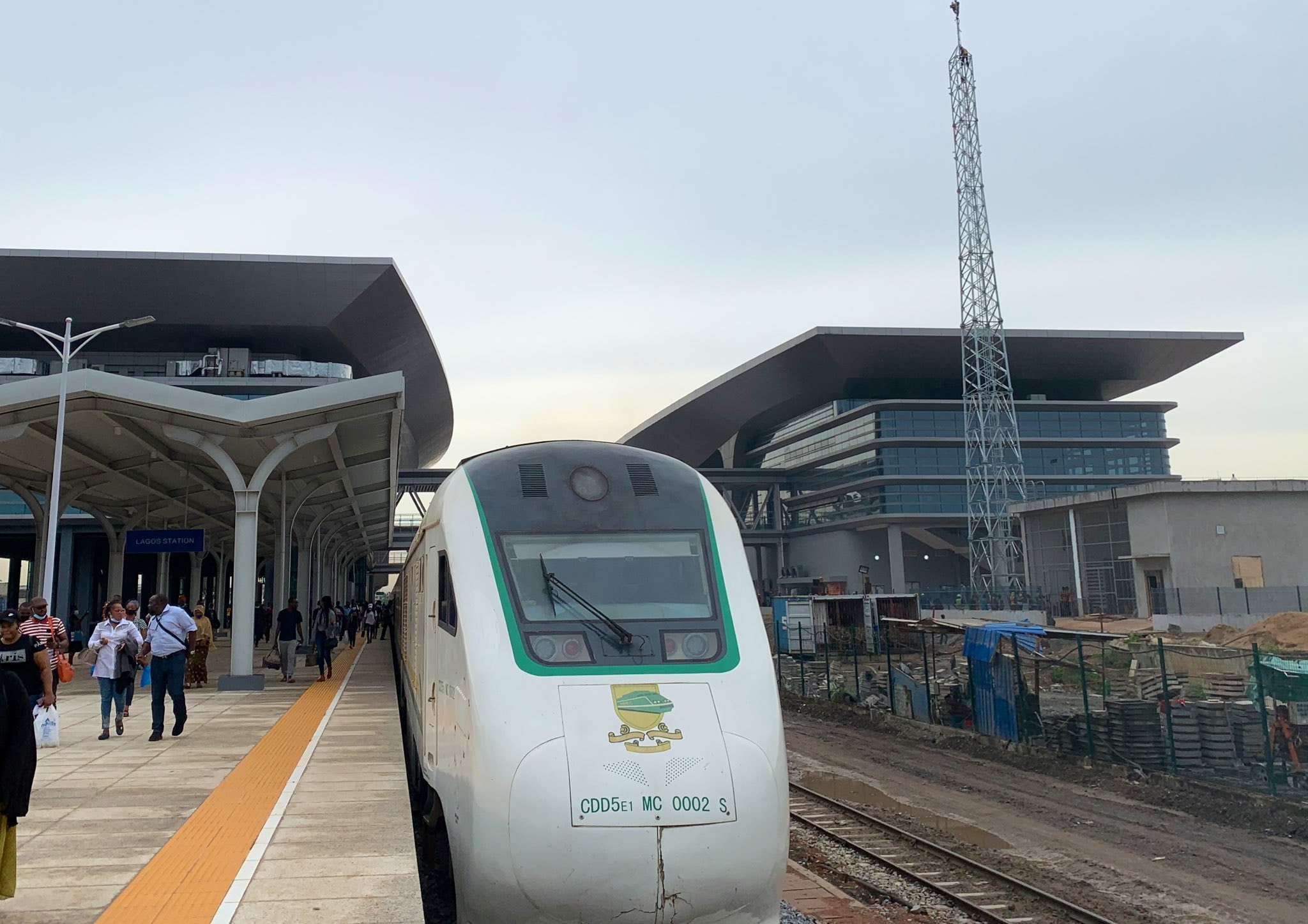
The Nigerian Maritime Administration and Safety
Agency (NIMASA) is yet to put into use the N50 billion floating dock acquired
by the agency in 2018 due to its inability to secure an operational berthing
space for the dock.
According to the Director-General of NIMASA,
Dakuku Peterside, the floating dock has not commenced operation due to
multifaceted challenges ranging from lack of appropriate and suitable location
to insecurity in the Delta region where it was originally meant to be located.
The floating dock is currently berthed at the
Naval Dockyard and idling away more than 19 months after it arrived the country
on June 11, 2018.
Dakuku said the floating dock could not be put to use at its
present location because of security issues since operation of a floating dock
facility could not be carried out within the Naval yard.
“Originally, it was designed to berth in Delta
State but even at that time, there were lots of reports advising to the
contrary. Those reports are still there till date. When we got here, we were
forced to review all these reports and make a decision that we think will serve
the best interest of the country and the shipping community. That is the very
foundation of the issue.
“So based on the series of reports, the company
that built it and another company that we engaged believed that there are grey
issues that needed to be sorted out. We all agreed that based on the advice of
all the experts, what makes sense is to locate it in Lagos until such a time a
final decision will be reached on it.
“In Lagos, we are following due process on the
operating berthing place. What we have now is a storage berthing place. We
believe that we will conclude very soon before the end of the year and we will
commence operations at the location.”
Also speaking, NIMASA’s Executive Director,
Marine and Operations, Rotimi Fashakin, confirmed that the agency is paying a $30,000
daily as wharfage charges on the floating dock. He said the agency is
only a regulator and giving the floating dock to operators who are versed in
that area will also need to go through government bureaucratic process.
“The floating dock is a government asset and it
is not something you can just throw to an operator. NIMASA is a regulator, not
an operator. So giving to operators who are versed in that area also needs a
process when you know about the bureaucracy of government.
“If you know the complexity of a floating dock
and the draft you need to keep it and operate it, one will need about 12 metres
of draft. The contractor was spending over $30,000 keeping it for many months.
We have to pay so many months demurrage on that. Eventually, we reached a
situation in which we had to have a kind of agreement with the Naval Holdings
limited, which is a subset of the Nigerian Navy.
“We are still looking forward to having a formal
Memorandum of Understanding (MoU) in which we will have an operator operating
the floating dock. The initial assessment report shows that if the floating
dock is operated as it is, with the graving dock owned by the Navy, it may
imperil the graving dock.
“The Naval Holdings Limited then suggested another spot where
we could use. A consultant was appointed to assess that spot and the report of
the consultant is that there will be need to do some dredging at that spot
where we can now operate it,” he said.














